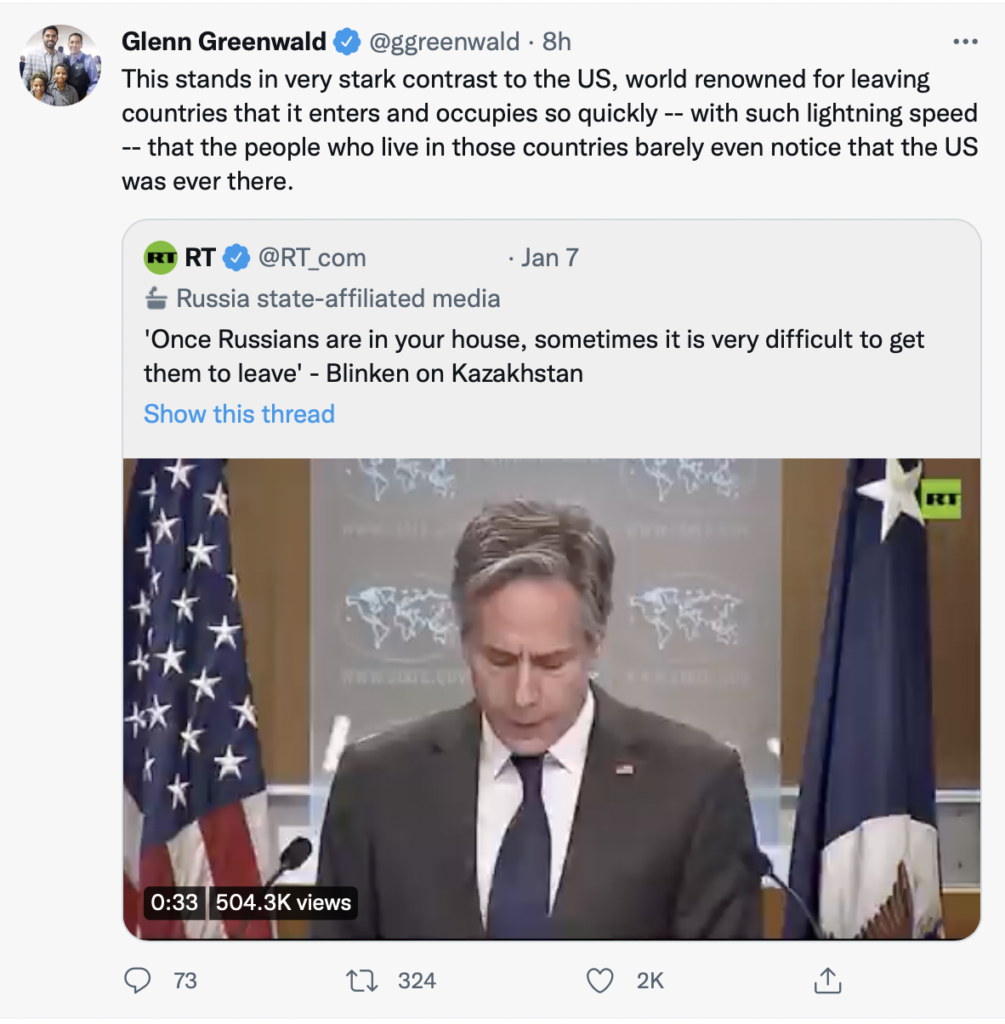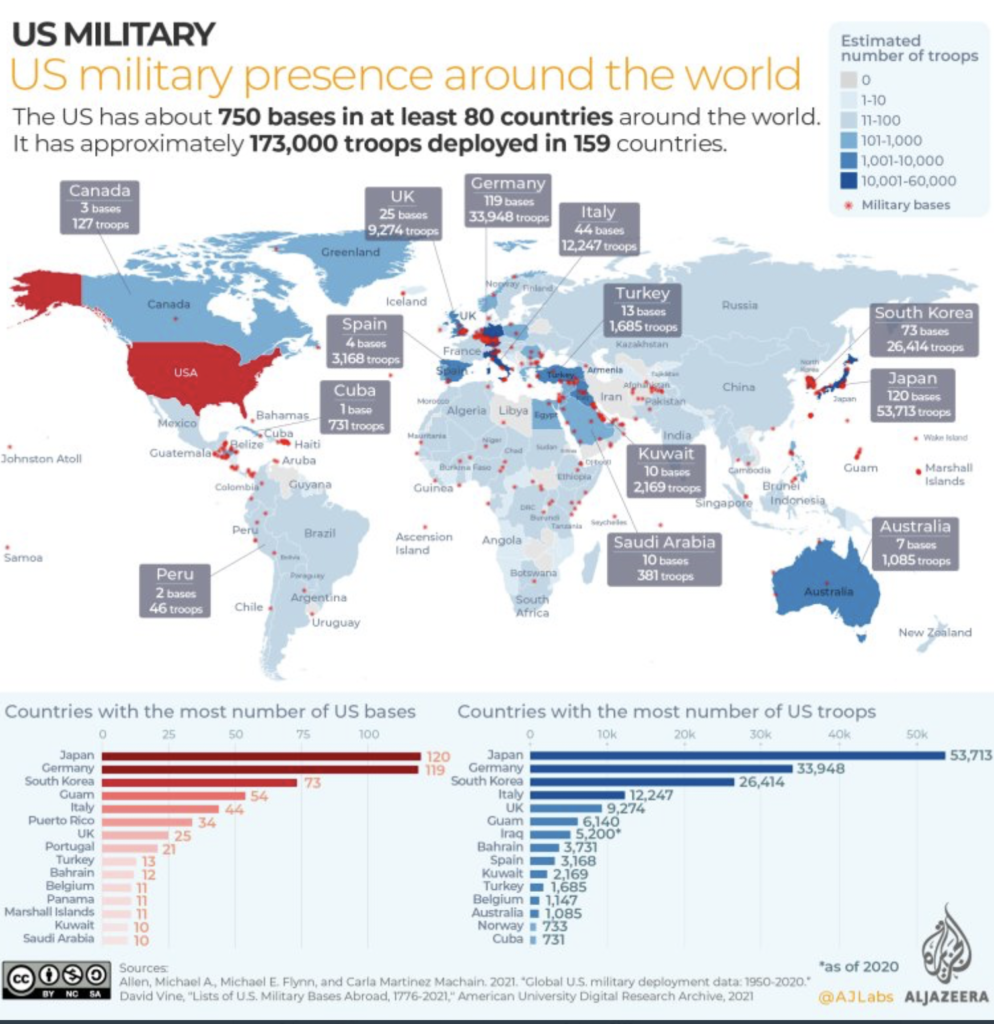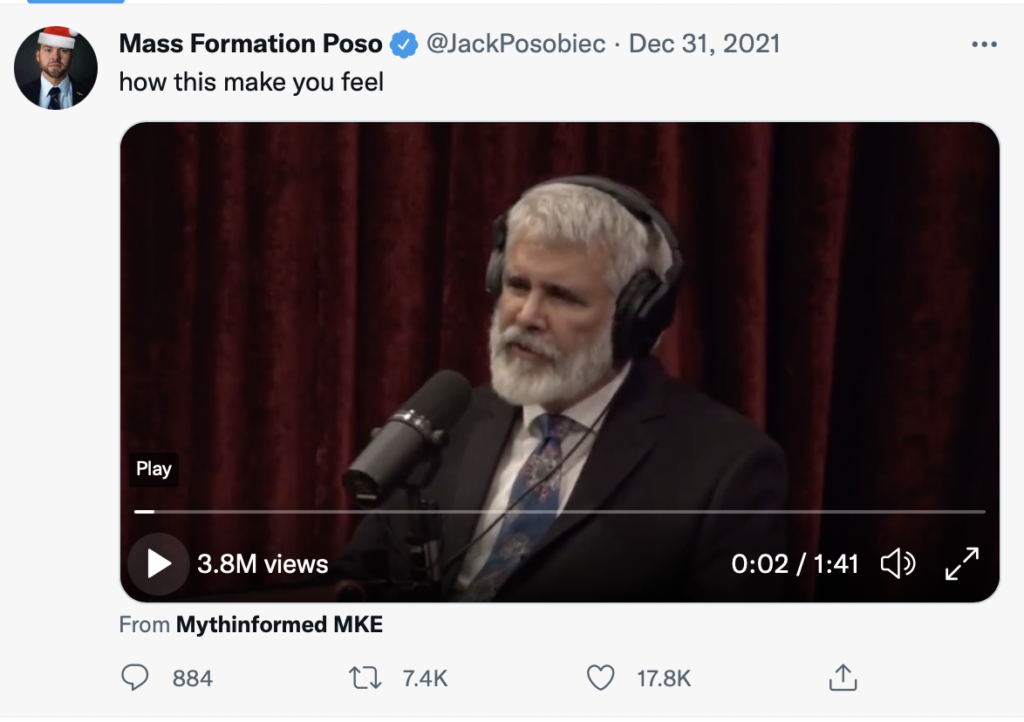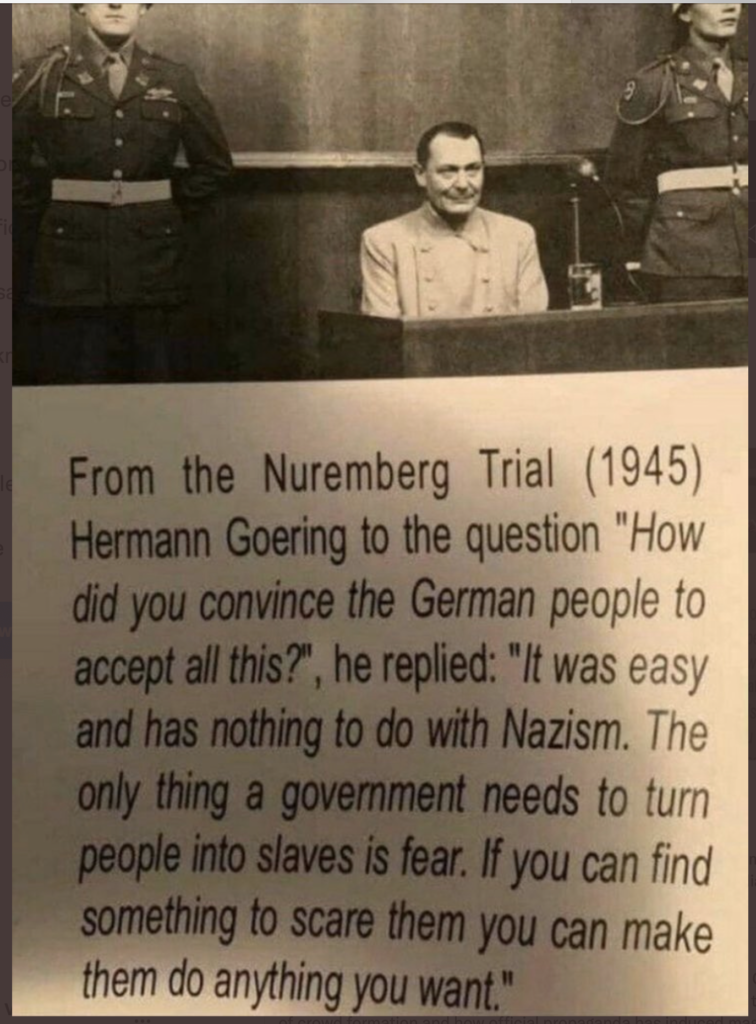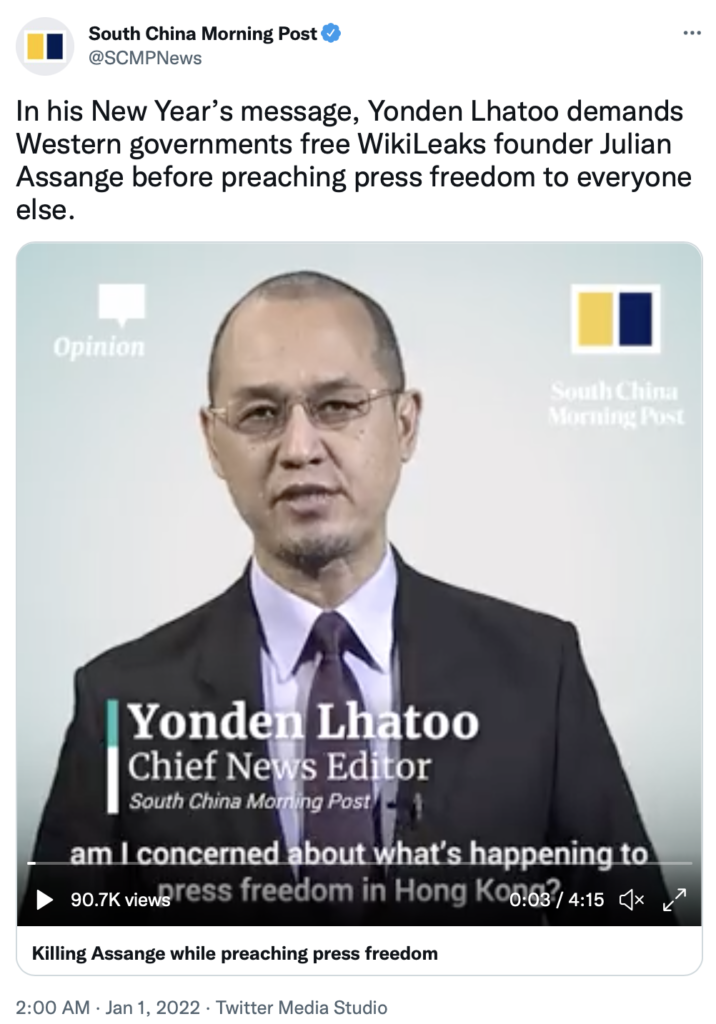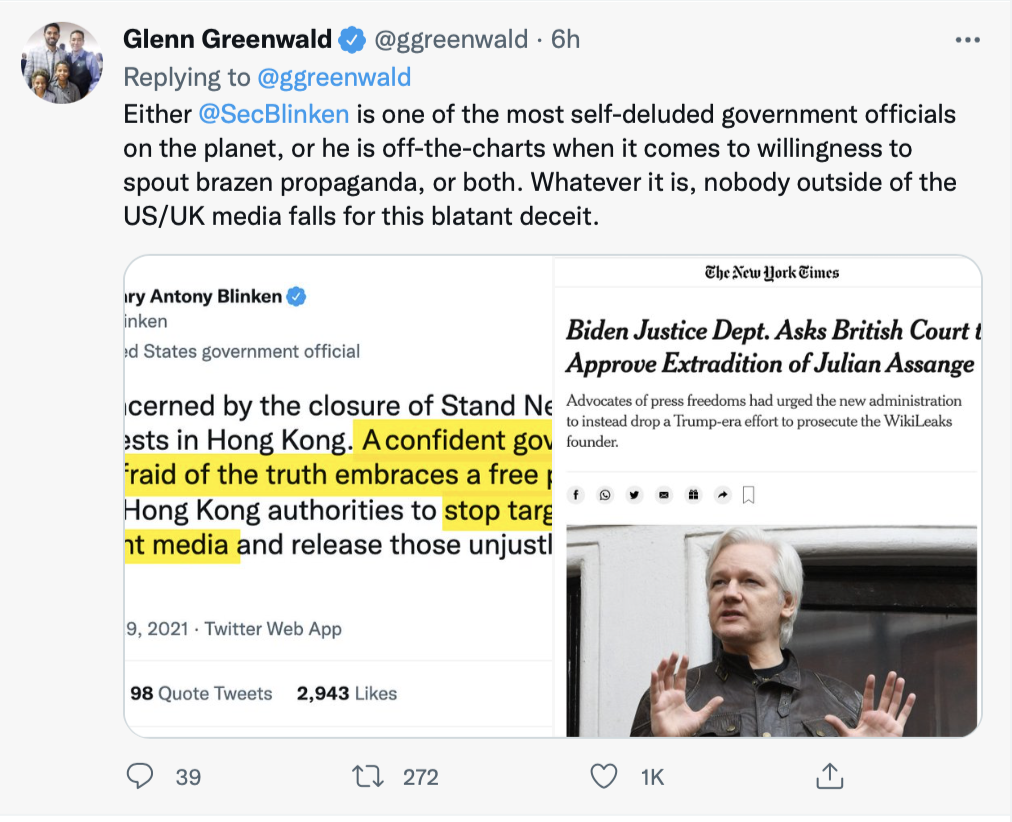The Re-Emergence of Politically Correct Culture on Campus
Greg Lukianoff (President of FIRE and co-author with Jonathan Haidt of "The Coddling of the American Mind") is delivering the bad news: Politically Correct culture went underground where it gained substantial followings and it has now re-emerged, led by an army of college administrators, many of whom come from colleges of education. His article includes a lot of doom and gloom, but also offers hope. The title to Lukianoff's article at Reason is "The Second Great Age of Political Correctness: The P.C. culture of the '80s and '90s didn't decline and fall. It just went underground. Now it's back."
1. Immediately dump all speech codes.Those who donate to colleges should refuse to do so without demanding these changes.2. Adopt a statement specifically identifying free speech as essential to the core purpose of a university and committing the university to free speech values.
3. Defend the free speech rights of their students and faculty loudly, clearly, and early.
4. Teach free speech, the philosophy of free inquiry, and academic freedom from Day One.
5. Collect data and open their campuses to research on the climate for debate, discussion, and dissent.
About Mass Formation Hypnosis
Dr. Robert Malone recently discussed "Mass Formation Hypnosis" on Joe Rogan's show:
I decided to do a deeper dive into this topic. Clinical Psychologist Dr. Mattias Desmet discusses Mass Formation Hypnosis with Max Blumenthal in this video:
As Desmet describes at 14 min (and summarizes at 19:45), there are four conditions for MFP:
1. Lack of social bonds
2. Lack of meaning making
3. High levels of free floating anxiety. They don't know why they are anxious and it is very distressing/painful for humans to experience because of the lack of control, resulting in risk of developing panic attack. They actively look for something to which they can attach the free-floating anxiety, something they can control.
4. High levels of free floating frustration and aggression
What happens when these conditions exist? Desmet explains: A narrative is disseminated that A) indicates an object for the anxiety and B) offers a strategy/solution for this object of anxiety. As a result of this narrative, all of the free-floating anxiety attaches to the object of anxiety offered by the narrative, resulting in a over-willingness to participate in the strategy.
In present times, the object of the anxiety is the virus and the strategy is the lockdown, social distancing and other corona measures. MFH allows people to feel that they can control their anxiety by participating in the strategy. When large groups of people participate in the strategy, it leads to a new social bond, new connectedness, a new solidarity, and this leads to a new sense-making in life. In other words, life becomes meaningful through the heroic struggle with the object of anxiety (the virus). COVID led to a new solidarity because everyone participated in a heroic collective battle with the virus. As social beings, we switched from isolation to the new strong social bond (or solidarity) with large masses of other people. This is why people enthusiastically buy into the corona narrative even if it is utterly absurd. For those not caught up in MFH, they are amazed that others so often utter such absurdities.
Those caught up in the narrative don't do so because the narrative (the set of extreme COVID measures) is correct. Rather, they do so because they seek the new powerful social bonds. Many of the measures are not relevant or true, but they function as rituals in which people participate in order to connect to the masses of others caught up in the narrative. The more absurd and unscientific the COVID measures and the more that sacrifice is demanded, the better the measures function as rituals. This fits the general function of rituals: a behavior that you participate in not because it is functional to protect you from the virus, but to show to the tribe/collective that the collective is more important than the individual. You would be in error to think that as COVID measures become more absurd, more people will wake up to the insanity, but that is an illusion. The more absurd the measures become, the more blinded certain people will become.
Mass Formation is a type of hypnosis. In hypnosis, the attention of an individual is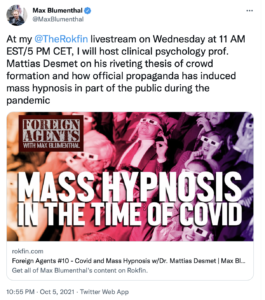 hyper-focused on a very small part of reality, making the rest of reality disappear into darkness. People caught up don't realize that in obsessing over the COVID measures, they are losing much else, meaning that they lose interest in cost/benefit analyses. Even substantial losses are a small price to pay in order for one to feel that one is part of the heroic struggle against COVID. This has led to an aggressive stance toward heterodox outsiders, people who question the narrative, such as Dr. Robert Malone. The masses always need a common enemy, which includes the virus as well as the people who don't fall completely in line.
hyper-focused on a very small part of reality, making the rest of reality disappear into darkness. People caught up don't realize that in obsessing over the COVID measures, they are losing much else, meaning that they lose interest in cost/benefit analyses. Even substantial losses are a small price to pay in order for one to feel that one is part of the heroic struggle against COVID. This has led to an aggressive stance toward heterodox outsiders, people who question the narrative, such as Dr. Robert Malone. The masses always need a common enemy, which includes the virus as well as the people who don't fall completely in line.
At Min 30, Blumenthal applies the theory to many political movements in sadomasochistic fashion. These phenomenon are always destructive and self-destructive. Desmet adds: The exclusive focus on one part of reality to the neglect of the rest of reality inevitably leads to self-destruction. George Orwell noticed that the masses, the crowd, exists because it has to channel/satisfy its frustration/aggression and it needs to attach its anxiety to a certain object--and once an object of anxiety is destroyed, the crowd seeks a new object of anxiety, which also must be destroyed. Hannah Arendt, in The Origins of Totalitarianism. She noticed the in its effort to keep reattaching its aggression to new objects of anxiety, the masses become a monster and the system destroys itself.
Desmet fears that we are seeing the emergence of a new totalitarian state, exactly as Hannah Arendt predicted, not led by gang leaders but by dull bureaucrats and technocrats, pursuant to her concept of the banality of evil. We can see this by the extreme COVID response in Australia. These measure are palpably absurd to those not caught up in the narrative. Arendt warned: once you accept the starting point, there is no stopping. You feel compelled to accept all the rest.
This theory of Mass Formation Hypnosis would appear to have ubiquitous applications--wherever anxiety is widespread. This theory has screamingly obvious application to the formation of many religions, for example.
Relevant to the above: Joe Rogan's guest, Dr. Robert Malone was recently deplatformed by Twitter, a stunning development, given Malone's credentials:
Dr. Robert Malone is the inventor of the nine original mRNA vaccine patents, which were originally filed in 1989 (including both the idea of mRNA vaccines and the original proof of principle experiments) and RNA transfection. Dr. Malone, has close to 100 peer-reviewed publications which have been cited over 12,000 times. Since January 2020, Dr. Malone has been leading a large team focused on clinical research design, drug development, computer modeling and mechanisms of action of repurposed drugs for the treatment of COVID-19. Dr. Malone is the Medical Director of The Unity Project, a group of 300 organizations across the US standing against mandated COVID vaccines for children. He is also the President of the Global Covid Summit, an organization of over 16,000 doctors and scientists committed to speaking truth to power about COVID pandemic research and treatment.
U.S. Hypocrisy Regarding Julian Assange
Excellent, well-crafted criticism of the U.S. by Yonden Lhatoo, Chief News Editor of the South China Morning Post:
Biden Administration Hypocrisy Regarding Julian Assange
Glenn Greenwald:
Either @SecBlinken is one of the most self-deluded government officials on the planet, or he is off-the-charts when it comes to willingness to spout brazen propaganda, or both. Whatever it is, nobody outside of the US/UK media falls for this blatant deceit.
- Go to the previous page
- 1
- …
- 143
- 144
- 145
- 146
- 147
- 148
- 149
- …
- 508
- Go to the next page

